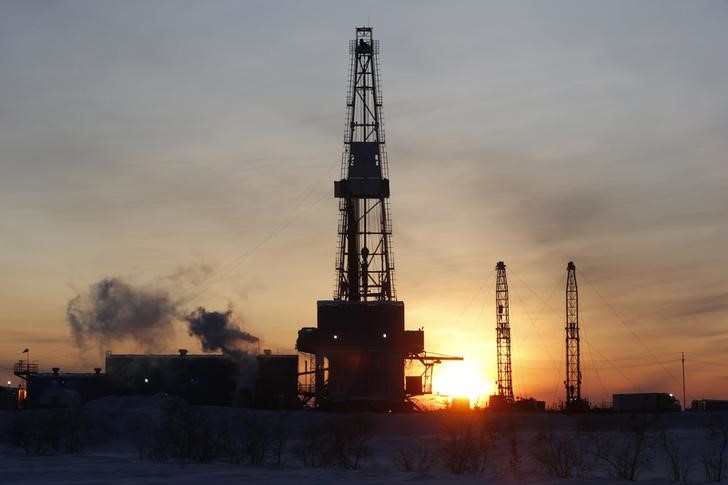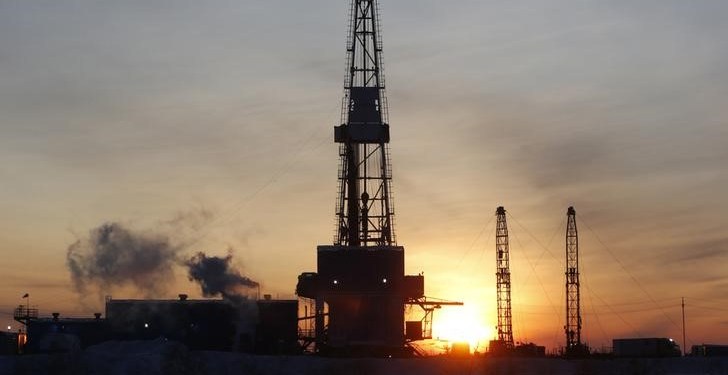
© Reuters.
By Peter Nurse
Investing.com — Oil prices pushed higher to new two-month peaks Tuesday, boosted by the news that European Union countries have agreed to a partial and phased ban on Russian oil, further tightening global supply.
By 9 AM ET (1300 GMT), U.S. crude futures traded 1.7% higher at $119.16 a barrel, while the Brent contract rose 1.8% to $119.73 a barrel, with both contracts earlier rising to their highest levels since March 9.
U.S. Gasoline RBOB Futures were up 2.2% at $4.0141 a gallon.
European Union leaders agreed in the early hours of Tuesday on an oil embargo on Russia, excluding from the deal shipments by pipeline as a concession to Hungary.
The agreement aims to cut 90% of Russia’s crude imports into the bloc by the end of the year, thus reducing Moscow’s income to finance the war in Ukraine.
“It is unlikely that this will be the final deal, as the EU will work towards reducing the dependency of Hungary and other CEE countries on Russian oil in the longer term,” said analysts at ING, in a note.
This news is likely to further squeeze oil markets, meaning Europe could face fuel shortages this summer, according to the head of the International Energy Agency, Fatih Birol.
“When the main holiday season starts in Europe and the U.S., fuel demand will rise. Then we could see shortages: for example with diesel, petrol or kerosene, particularly in Europe,” Birol was quoted as saying in Germany’s Spiegel magazine.
Adding to the support for crude prices was the news that Shanghai, China’s commercial hub and largest city, has announced an end to its COVID-19 lockdown, allowing the populace to leave their homes and drive their cars from Wednesday.
China is the largest importer of crude in the world, and the mobility restrictions in a number of key cities have dramatically slowed its economic growth, reducing its demand for oil.
Chinese crude imports for January-April fell 4.8% versus the same period last year to 170.89 million tonnes, or about 10.4 million barrels per day.
On the production side, the Organization of the Petroleum Exporting Countries and allies, a group known as OPEC+, is set to meet on Thursday, and is widely expected to stick to its earlier deal, increasing output in July by a modest 432,000 barrels per day.
Western nations, which tend to import oil, have been calling for a faster increase in output to lower surging prices, but their calls have largely been rebuffed so far.
Source: Investing.com





























